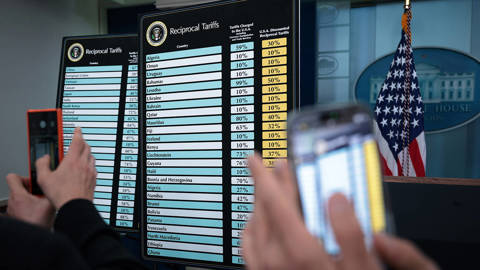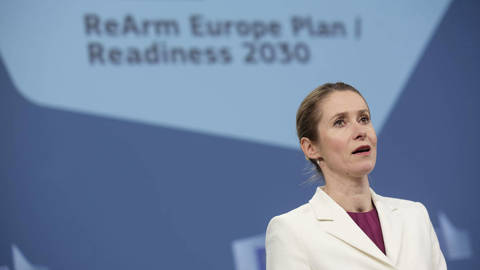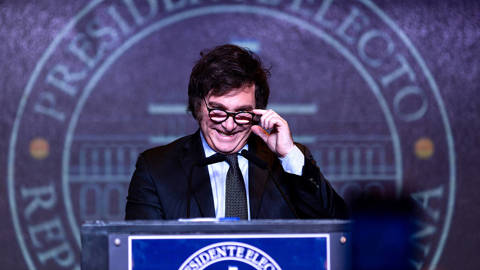A Turning Point for Europe
https://www.project-syndicate.org/commentary/dutch-election-eu-future-populism-by-sylvester-eijffinger-2017-03
Sylvester Eijffinger is Professor of Financial Economics at Tilburg University in the Netherlands.
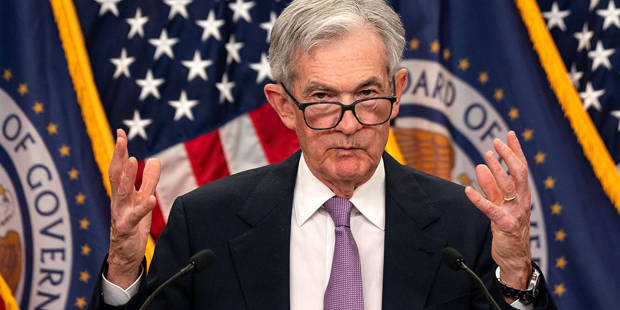
Dec 16, 2024 Sylvester Eijffinger & Edin Mujagic wonder how far the next president will go to control monetary policymaking.
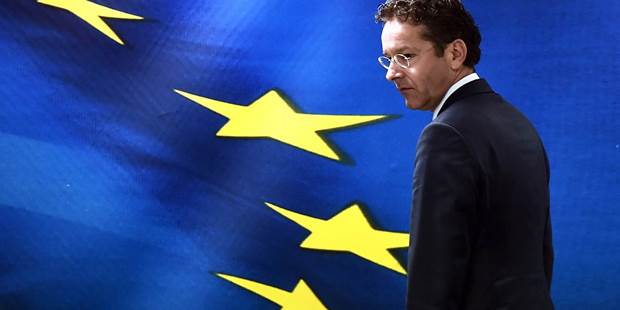
Aug 7, 2017 Sylvester Eijffinger argues that monetary policies have been exhausted, making a fiscal union more urgent than ever.
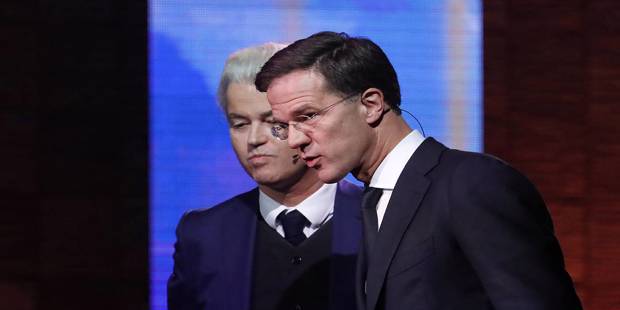
Mar 21, 2017 Sylvester Eijffinger considers the broader implications of the rejection of right-wing populism in the Netherlands.
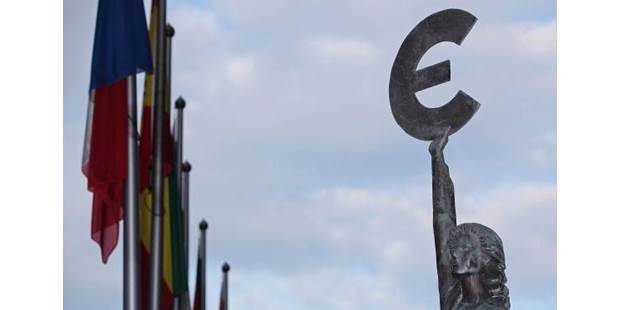
Mar 18, 2016 Sylvester Eijffinger says that the eurozone has a monetary-policy problem, not a deflation problem.
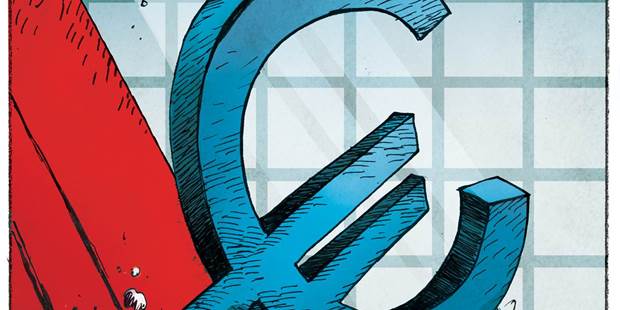
Dec 16, 2013 Sylvester Eijffinger & Edin Mujagic warn that the recent downgrade of the Netherlands' credit rating could mean that Germany will be next.




